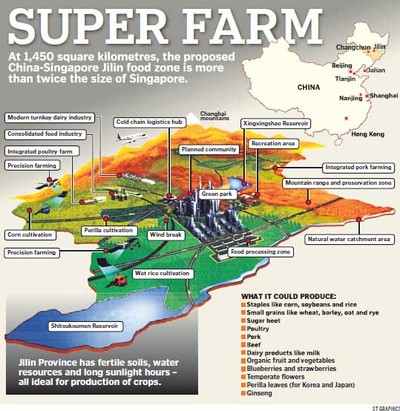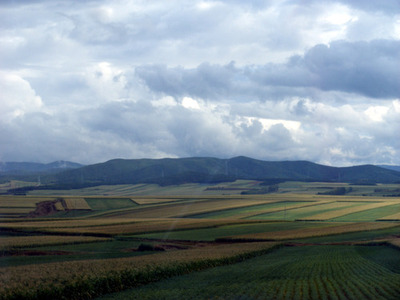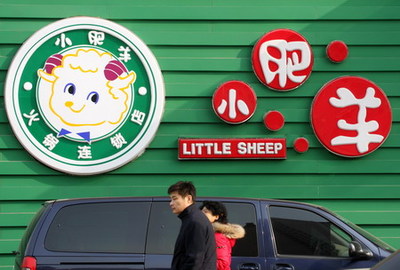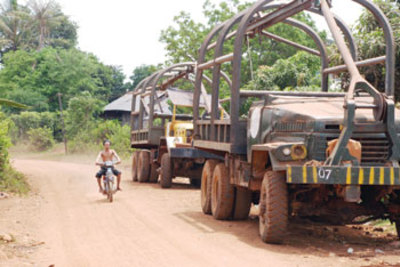UAE eyes investment in Chinese agriculture sector
- Emirates 24/7
- 12 Mar 2011
The UAE and other Gulf states in collaboration with Singapore companies are entering the Chinese agriculture market to ensure food security.

The UAE and other Gulf states in collaboration with Singapore companies are entering the Chinese agriculture market to ensure food security.

Beidahuang, one of the China's leading vehicles for the purchase of foreign agricultural properties, will buy 200,000 hectares of farmland overseas this year, with Latin America and South East Asia as the target areas.

China's Little Sheep Group says it plans to build a sheep farm in New Zealand in order to increase the supply of lamb for its hot pot restaurant chain business.

Investment involves a 40-year lease agreement for the establishment of over 16,000 acres of an oil palm project.

About 60 Korean companies were involved in farming in 16 countries by the end of 2010, harvesting about 87,000 metric tons of grain from 24,000 hectares of farmland.

South Korea will set aside 40 billion won (US$35.8 million) to help local companies secure overseas farmland this year, the government said. Ten billion won will be paid directly to foreign governments supporting such investments.

The entrepreneur has a plan for land preservation that actually makes money. Now he just has to prove it.

English translation of a contract template (original in Amharic) that was given to the Oakland Institute research team in Benishangul

Brazil is preparing rules that will block foreign governments, state-owned companies and speculators from buying agricultural land while allowing in “genuine” private sector investors.

Brazil’s growing concerns reflect a larger rethinking on ownership of commodity production underway globally.

Sudan is top of the list of countries selected for Saudi investments, says Undersecretary of Saudi Arabia's Ministry of Agriculture

"Politically the (Ukraine) government wants to reassure the population that these traders are not going to export grain while the population starves," says the European Bank for Reconstruction and Development.